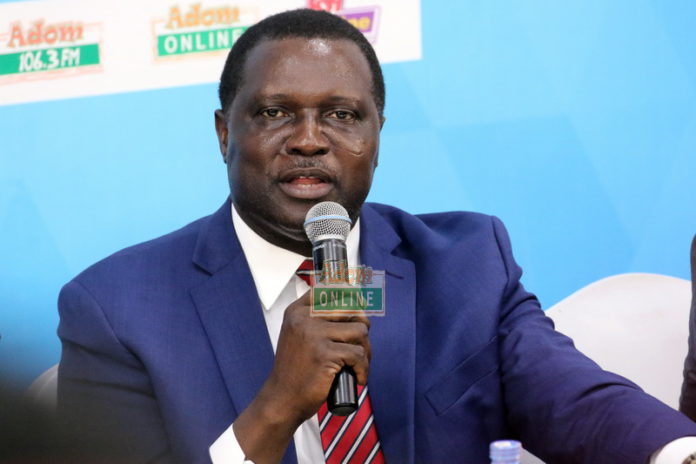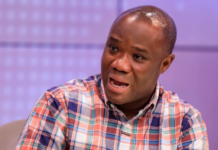
In the heart of Ghana’s 4th Republic, a narrative is unfolding, one that paints a picture of contrasting worlds within the nation’s education system.
The story began with a notion deeply rooted in the principles of social justice. It was the belief that every citizen deserved equal access to the opportunities and amenities necessary for their development, particularly within the realm of education.
But as the tale would reveal, this principle was faltering in the face of some stark realities.
At a press briefing, the Ghana Bar Association (GBA) has voiced its concerns.
Their focus was on the funding and quality of education in the public school system, especially at the basic level.
Despite the valiant efforts of successive governments, the standards had deteriorated in public schools.
Dilapidated infrastructure, inadequate furniture, and the persistent issue of “schools under trees” had become distressingly common.
Acknowledging the government’s commendable Free Senior High School (Free SHS) policy, which has improved access to secondary education, the GBA pointed out a disconcerting issue.
While funding for Free SHS and technical and vocational education has increased in recent budgets, there is a reduction in the allocation for basic and special education.
This raised questions about equity in budgetary allocation across the various levels of education.
One undeniable fact was that pupils attending public schools often came from disadvantaged backgrounds.
The apparent neglect of these schools perpetuated a sense that the 4th Republic’s democratic experiment was trending toward “elite freeloading.”
It was a jarring contrast in a nation where public secondary schools and universities were considered some of the best.
The GBA put forth a powerful argument: the immense investments in Grade A Senior High Schools, predominantly attended by the elite, at the expense of the “cyto” schools, could not be justified.
The chasm between the two extremes of the public education system, where the basic schools struggled while the secondary schools thrived, weighed heavily on the collective conscience of the nation.
In their call to action, the GBA has urged the government to redirect its focus to the basic school system, the “cytos.”
They have advocated for increased and equitable funding and resources to bridge the gap, improve teaching and learning, and address the dire infrastructure deficit.
Their vision is not just to equip children at the basic level with foundational skills but to create a seamless transition to enjoy the benefits of the free SHS policy.
In doing so, they hoped to uphold the principles of social justice, making public school education accessible to the poor and marginalized in Ghanaian society.
The story was a compelling call to action, a tale of a nation at a crossroads, facing the challenge of delivering true social justice through education.
It was a reminder that the heart of any democracy lay in the equitable distribution of opportunities, particularly within the realm of education, ensuring that no child was left behind.



![I’m so worried; GBA should know better – Deputy A-G on Chief Justice’s saga [Audio]](https://www.adomonline.com/wp-content/uploads/2024/05/WhatsApp-Image-2024-05-19-at-9.28.36-AM-218x150.jpeg)


